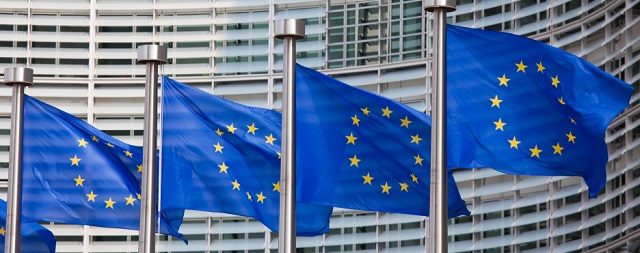The European Union has not grasped the political nature of the crisis–the lack of unity and European solidarity. There remains only a perverse interlacing of morality lessons and profit-and-loss calculations, and a panicky fear of contagion and moral hazard. To write off the debts without delay, as so many experts demanded, would have rewarded failure. And then, the IMF report points out, Europe preferred to protect creditors rather than fight contagion: putting off making decisions “gave the banks the leisure to withdraw their money from the Eurozone periphery”. The Bank for International Settlements cites Germany, whose banks have repatriated a total of €270bn from five countries (Greece, Ireland, Portugal, Spain and Italy) that found themselves in difficulties between 2010 and 2011.
But the true stain is deeper. It’s on the concept of the public sector, always under suspicion, that the axe has fallen, and it’s here in particular where wages and employment have plummeted. And democracy has suffered, starting with information services, the climax of which came on the night of June 11, when the Greek government suddenly shut down the nation’s public radio and television broadcaster – the ERT – with the tacit complicity of the troika, which has demanded massive layoffs of public employees.
By continuing to keep alive the hypothesis of a Greek exit, Europe has broken the bond of trust between the members of the Union, giving rise to a form of war.
* Read the article via Presseurop.eu






Be the first to comment on "The capricious European Commission"